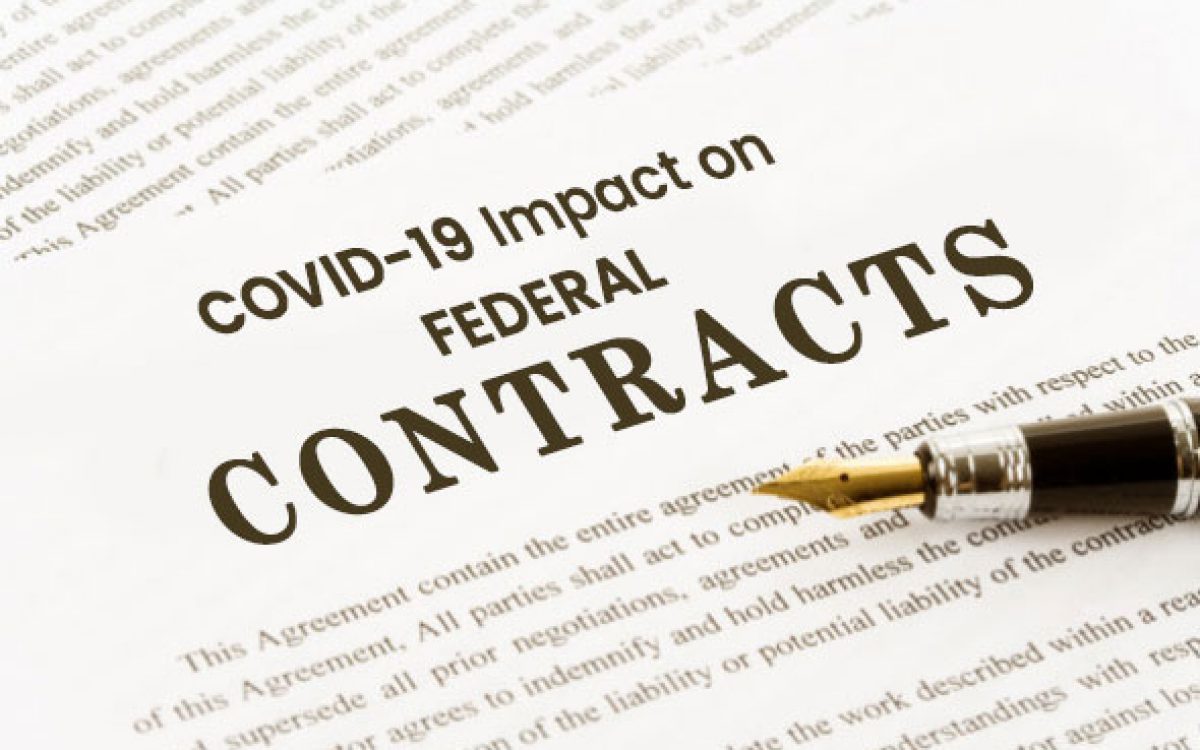Coronavirus or “COVID-19” is spreading in the US at a rapid pace. As of Monday, March 16, 2020, there were over 4,000 confirmed cases in 49 states and the number of cases continues to climb. Schools across the country have closed, sporting events have been cancelled and many state and local governments have banned large gatherings and ordered businesses to close. Employers are scrambling to implement policies to protect the health of their employees while also remaining profitable.
The spread of coronavirus is creating unique challenges for companies doing business with the government. Government contractors should anticipate the possibility of interruptions to performance as well as potential closings of Government offices.
- Interruptions to Performance: Coronavirus has already created significant interruptions in global supply chains and may soon impact employees’ ability to report to work due to illness, closed offices, or quarantines. For government contractors, the inability to perform on contractual obligations may damage their reputation, affect their ability to win contracts in the future, and affect their ability to pay their employees.While Federal Government contracts may not have force majeure clauses, there are FAR clauses that can excuse non or delayed performance due to extenuating circumstances. For example, clauses 52.249-8; 52.249-9 and 52.249-14 all excuse delays for these circumstances outside of the contractor’s control. These clauses require that a government contractor take necessary steps to provide notice and ensure performance resumes as soon as possible. Contractors should review their contracts with the government to verify if they contain force majeure clauses and, if so, what level of flexibility they provide.
- Closings of Government offices: While the Office of Personnel Management has provided guidance allowing federal employees to telework as needed, no encompassing federal rules have been provided to contractors at this time. Government contractors should look to their contracting officer for guidance regarding telecommuting.
Employers must continue to monitor the situation and follow the official guidance of the CDC and World Health Organization (“WHO”) and continuously remind employees to follow the same steps they should be taking to avoid the seasonal flu.
